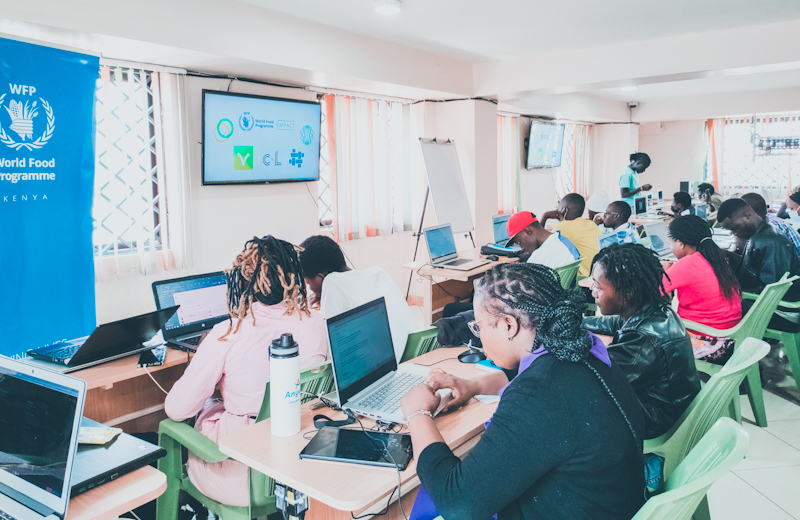Kenya leads the world in P2P cryptocurrency transactions, and ranks fifth overall in its adoption, a new report showed on Thursday.
Mercy Corps Venture (MVC) and Celo Foundation report on the Kenyan Microwork Pilot findings show that the country is well-positioned to build on its reputation and leapfrog many of its peers through digital labour and cryptocurrency.
The pilot demonstrates the potential of blockchain and cryptocurrencies to drive financial inclusion by creating new digital employment opportunities, reducing the cost of cross-border micropayments, and incentivizing saving among low-income youth.
The pilot was completed over three months at the start of 2021 to test whether digital stable coins and mobile wallets could ease frictions and reduce costs in cross-border payments.
“Cryptocurrency removes this costly barrier and has the potential to create new ways for young people to earn, spend, save and send money,” explains Scott Onder, Senior Managing Director, Mercy Corps Ventures.
“We trained 200 Kenyan youth to access digital microwork from global platforms using a mobile app and integrated Valora digital wallet, which is built on Celo. Our pilot-tested how a stable coin could reduce the costs and challenges of sending and receiving cross-border micropayments over a three-month period.”
Participants were paid within a few seconds in Celo dollars (cUSD), a Celo-native stablecoin that tracks the value of the US dollar, with fees at approximately $0.01.
In addition, participants could cash out anytime to Kenya’s ubiquitous mobile money platform, M-Pesa.
While the amount paid for a single task is small, young people could earn roughly $7.00 a day – significant when the Kenyan urban earning average for low-income groups is $4.35 per day.
The pilot proved that using cryptocurrency dramatically reduced the average transaction cost for microwork payments – dropping from 28.8% for a $5 transaction to 2.02%, regardless of the transaction value.
This translates to a 93% reduction in transaction fees, drastically boosting participants’ daily take-home earnings.
“Our goal at Celo is to support an inclusive financial system that contributes to achieving prosperity for all,” says Will Le, Partner, Innovation, Celo.
“By reducing financial frictions, we introduced a new model for tapping talent across borders, which was not previously possible with traditional financial infrastructure.
Cryptocurrency, and specifically stablecoins, could hugely reduce the cost of remittances and foster cross-border commerce.
In 2020, remittances made up 3.13% of Kenya’s total GDP, totalling a value of over three billion dollars. With global weighted average remittance costs at 4.71%, Kenyans receiving remittances are potentially losing out on over $80 million per year.”
According to the report, given that the average cost of remittances to the value of USD 200 is significantly higher than the global average (8.72 per cent in sub-Saharan Africa versus 6.30 globally), the savings are potentially even greater.
If all those transactions only cost the 2.02% enabled during the pilot, the total potential impact to the Kenyan economy could be over $200 million, or 0.22% over Kenya’s overall GDP.
Microwork has the potential to create jobs for gig workers of any skill level and boost employment for Africa’s booming youth population.
Research shows that in Kenya, Ghana, Nigeria, and Tanzania, females are more likely to be microworkers than males.
The flexibility offered by microwork makes it more inclusive for women because it can be completed at home and during flexible hours, making it highly compatible with the multiple demands on women’s time.
Digital Skills Help Unemployed Kenyan Youth Earn Using Cryptocurrency
We Need to Know the Functionality of CBDCs Before Introduction – CBK
Khusoko is now on Telegram. Click here to join our channel and stay updated with the latest East African business news and updates.




